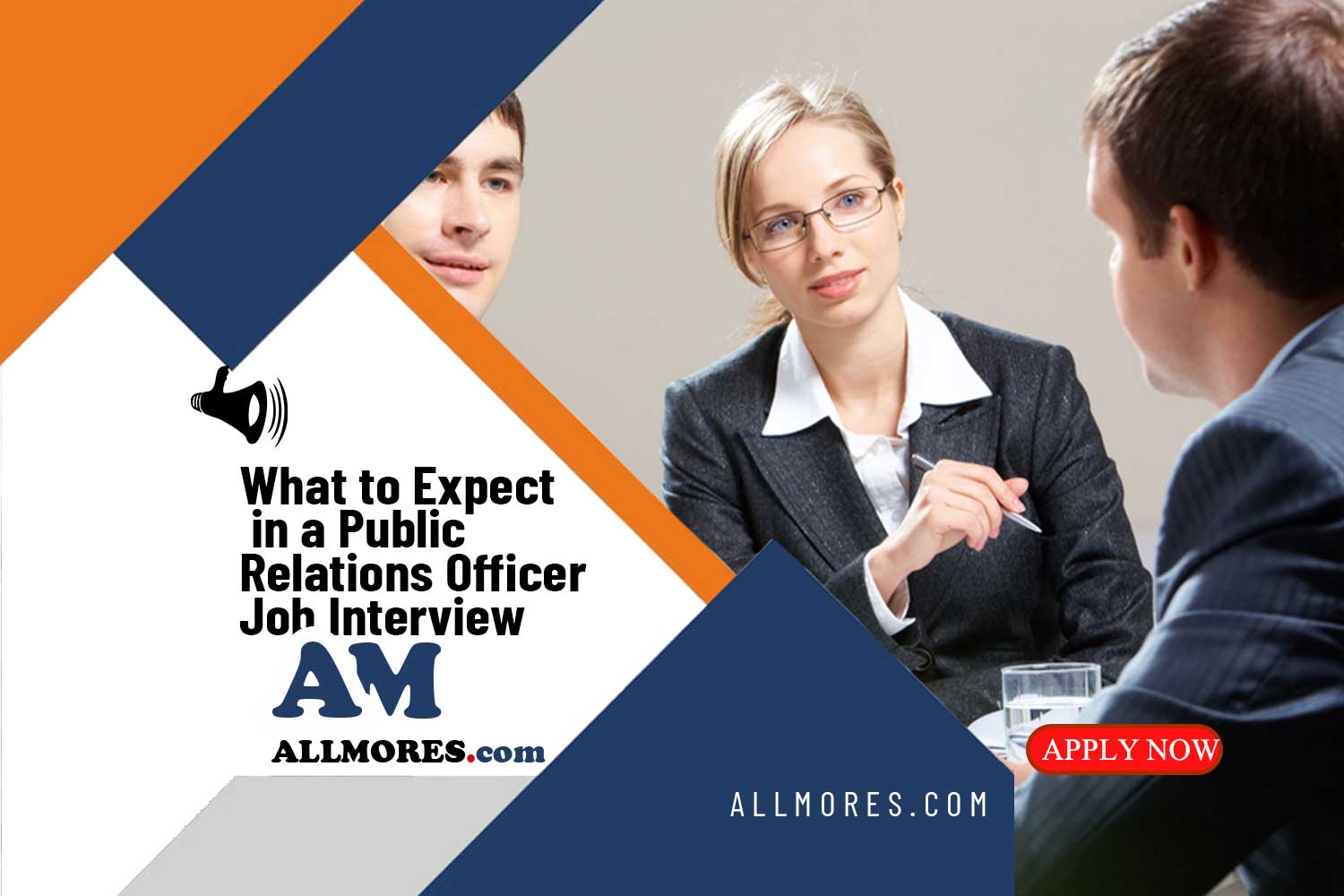What to Expect in a Public Relations Officer Job Interview
Get ready for your public relations officer job interview with these tips and insights. Learn what to expect and how to impress your potential employer. reputation of an organization or client.
What to expect at a job interview for a Public Relations Officer is the topic of this article.
Researching the company and the PR Officer position you are applying for is essential before the interview. You should know the company’s values, mission, and history. In addition, you ought to have a fundamental comprehension of the company’s sector.
It’s also important to look over your cover letter and resume. Make sure you are prepared to discuss your accomplishments and experience. Be prepared to respond to common interview questions and give specific examples of your work.
During a Public relations officerjob, the following are some topics you can anticipate being covered:
Experience and skills:
The interviewer will want to know about your experience in the PR field and how you acquired the essential skills for the job. They may ask you about your previous roles, responsibilities, and achievements and how they relate to the position you’re applying for. Be prepared to discuss your writing, communication, media relations, event planning, and crisis management skills.
Understanding of the company and industry:
To be an effective PRO, you need to deeply understand the company you work for, its products or services, and the industry it operates in. The interviewer will likely ask you questions about the company’s history, mission, and values, as well as its competitors and market position. You should research beforehand and be ready to demonstrate your knowledge of the company and industry.
Communication skills:
Communication is at the heart of the PR profession, so you can expect to be asked about your communication skills. The interviewer may ask you to describe a time when you had to communicate complex information to a diverse audience or how you handled difficult conversations. They might also ask you to present or provide writing samples to show how well you can communicate.
Emergency the board:
One of the most basic parts of a Master’s occupation is overseeing emergencies that could harm the association’s standing. You might be asked how you would respond to a problem like a product recall, a data breach, or a negative media story. Prepare to talk about your assessment of the situation, strategy, and communication with stakeholders.
Relations with media:
One more pivotal piece of a Master’s occupation is constructing and keeping up with associations with the media. The interviewer might inquire about your interactions with journalists, how you pitch stories, and how you respond to inquiries from the media. Be prepared to talk about how you build relationships with the media, how you know the media landscape, and how you can create compelling stories that journalists like.
Event planning:
Organizing events like product launches, press conferences, and fundraisers are common components of many PR campaigns. You might be asked about your prior experience planning and managing events, including marketing, budgeting, and logistics. Prepare to talk about your experience organizing events and how you would organize an event for the company you are interviewing with.
Online Media:
The interviewer may inquire about your experience managing social media accounts because social media has become an indispensable tool for PR professionals. Be prepared to discuss your approach to creating content that engages your audience, your comprehension of social media analytics, and the social media platforms you are familiar with.
Creativity:
Your methodology should be imaginative and creative to hang out in the PR. You might be asked about a time when you came up with an innovative idea that helped achieve a PR goal by the interviewer. Prepare to talk about how you come up with ideas, work with others, and measure the success of your creative projects.
After the Interview
Follow up with a thank-you email or letter after the interview. This is an excellent opportunity to reinforce your interest in the position and reiterate your strengths and qualifications.
Conclusion
Public Relations Officer job interviews can be challenging, but with the proper preparation, you can ace the interview and land the job. Research the company and the industry, review your resume and cover letter, and practice answering common interview questions. During the interview, be prepared to discuss your background, skills, and experience. The interviewer may also ask behavioral questions and provide case studies or role-playing scenarios to assess your skills. Finally, follow up with a thank-you email or letter to reinforce your interest in the position. Good luck!
